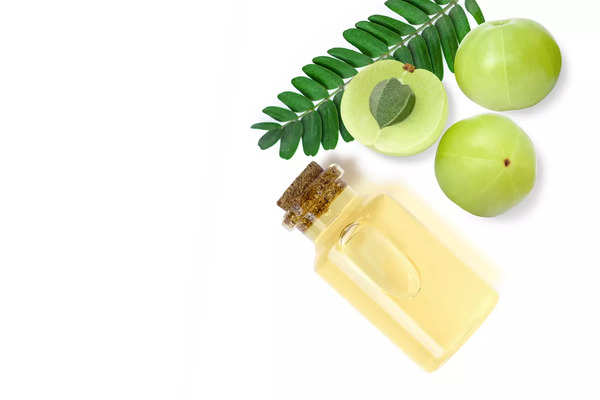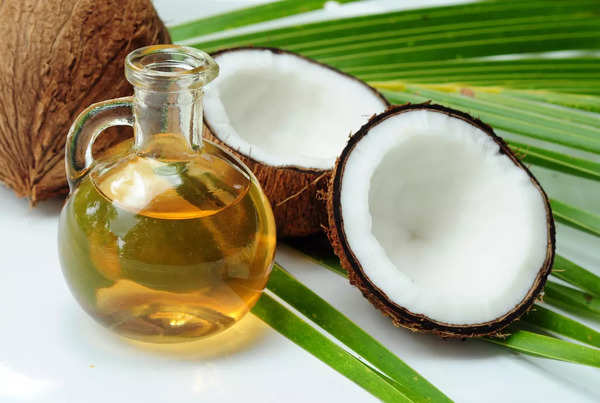Natural oils have been in use for centuries, giving hair care the nourishment it needs. Two of the most popular natural oils used are amla oil and coconut oil. Both have been widely used in traditional Indian hair care practices. Which one is best for your hair? Let’s explore the properties, benefits, and possible drawbacks of each to guide you in making the right decision.
Understanding Amla Oil
Amla oil comes from the fruit from a plant called amla, or Indian gooseberry (Phyllanthus emblica). Due to its content of vitamins, antioxidants, and essential fatty acids, it is nothing but a supercharged agent when it comes to growing your hair. For as long as anyone can recall, amla oil is used in Ayurvedic medicine to reap any given health benefits associated with that oil, such as being an encouragement for your hair to grow and never even get gray before age 50.
Benefits of Amla Oil
Amla oil helps strengthen the hair follicles, which can further induce hair growth. The antioxidants help reduce free radicals that would have otherwise suppressed hair growth.

Prevents premature greying: With high levels of vitamin C in amla oil, there is a retention of the natural pigmentation, hence delaying grey hair.
Scalp nutrition: With anti-inflammatory properties, soothing an irritated scalp and helping to eliminate dandruff ensures a healthy scalp.
Adds shine and luster: amla oil helps in bringing out the natural shine in hair that makes them look healthy and vibrant.
Strengthens hair: amla oil strengthens hair strands, thereby less breakage and split ends.
Understanding Coconut Oil
It is extracted from mature coconut meat. Coconut oil is rich in medium chain fatty acids, lauric acid, in a high percentage. This makes coconut oil rich in moisturizing and antimicrobial properties.
Benefits of Coconut Oil
Deep conditioning: Coconut oil deeply penetrates the hair shaft to provide intense moisture and prevent protein loss, making it an excellent natural conditioner for dry and damaged hair.
This is because coconut oil is a good moisturizer and reduces frizz and flyaways to keep hair smooth and easy to handle.

Prevents damage: Coconut oil provides a protective cover around the hair to protect it from environmental damage, heat styling, and UV rays.
Antimicrobial properties: Coconut oil has antibacterial and antifungal properties naturally. This can keep the scalp healthy and free from infections.
It promotes scalp health. Regular application can decrease dandruff and bring about a healthy scalp environment, which is necessary for hair growth.
A comparison: Amla Oil vs Coconut Oil
Nutritional profile
Amla Oil: Rich in vitamin C, antioxidants, and phytonutrients that promote hair health.
Coconut Oil: Contains lauric acid and medium-chain triglycerides that provide deep moisture and protection.
Hair type suitability
Amla Oil: Balanced property makes it fit for every type of hair, which will work out very well on oily hair/scalp.
Coconut Oil: Dry damaged frizzy conditions. Will give deep conditioning and very high moisture retention.
Homecare remedies to treat hairfall
Usage/application
Amla Oil: This oil can be applied as hair oil treatment or mixed with other oils and applied on the scalp and hair and washed after several hours or overnight.
Coconut Oil: It is used for a pre-wash treatment, leave-in conditioner, and styling product. It’s really good if massaged to the scalp and hair and left for a few hours or overnight and rinsed afterwards.
Scent and texture
Amla Oil: It has a strong herbal scent that can be offensive to some people. The texture is a little thicker compared to coconut oil.
Coconut Oil: The scent of coconut oil is pleasant and tropical, while the texture is light and easy to melt with warmth.
Potential drawbacks
Amla Oil: Some individuals may have an overpowering reaction to the scent, and too much can make the hair greasy, especially when it has fine hair.
Coconut Oil: Generally is good but excessive usage can result in buildup on the scalp, and for some people with thin hair, it’s too heavy.
The bottom line is that you can only choose between the two based on your specific hair type and needs. If you want to boost hair growth, prevent early graying, and make it shiny, amla oil might be a better choice for you. If your main concern is deep conditioning, moisture retention, and protection against damage, coconut oil might be a better choice.
Most will answer yes to using both these oils with your hair. Use the amla oil when you need a scalp treatment or a boost for the hair to grow. Add coconut oil when you just want that deep conditioning good stuff. Experiment and observe what best works for the uniqueness of your hair type. Nature will give it to you if you work with her to have shiny, healthy, beautiful locks!


